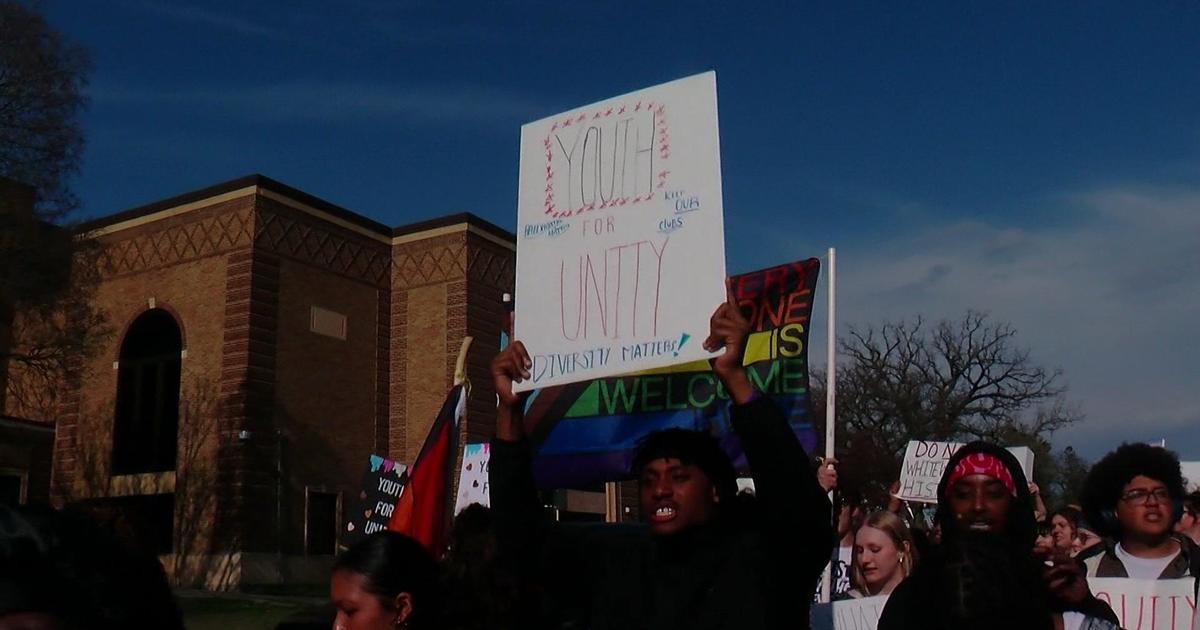FEC Seeks $140K Fine From Craig In Bathroom Case
BOISE, Idaho (AP) — Federal election regulators want former U.S. Sen. Larry Craig to pay $140,000 in fines and return nearly $217,000 to his campaign, arguing he misused the money to fund his legal defense after his 2007 arrest in an airport bathroom sex sting.
The Federal Election Commission proposed the penalties this week in filings to U.S. District Judge Amy Berman Jackson in Washington, D.C. In March, Jackson refused to dismiss the FEC's lawsuit against Craig alleging he illegally tapped campaign funds.
The Idaho Republican has been fighting the FEC's demands for more than a year, arguing his stop at the airport bathroom in Minneapolis fell under his official duties as a senator because he was traveling between Idaho and Washington for work, and therefore the legal fees could be paid with campaign cash.
The FEC argues Craig unjustly enriched himself by siphoning money from his campaign, rather than his personal bank accounts, to pay for lawyers in the case. Misusing campaign money for an illegitimate purpose is not unlike fraud, commission lawyers wrote, adding Craig's actions "undermine confidence in government."
Craig should be "required to pay a substantial civil penalty to punish this violation and deter others," wrote Kevin P. Hancock, the FEC's lawyer. "The violation allowed Craig to profit, while injuring contributors to his committee, who were exercising their First Amendment right to support Craig's candidacy, not his wallet."
Craig didn't return phone calls or emails seeking comment Friday about the FEC's proposal, which was submitted to Jackson on Monday.
The senator was arrested June 11, 2007, by an undercover police officer at the Minneapolis-St. Paul International Airport. The officer said Craig tapped his foot and signaled under a stall divider that he wanted sex.
Craig pleaded guilty to disorderly conduct and paid a fine. After his arrest later became public, Craig tried unsuccessfully to reverse his conviction, in the process racking up substantial legal fees that he satisfied by tapping his campaign accounts.
In its proposal, the FEC first wants Craig to return $216,984 to his campaign fund.
Then, it wants Craig to pay a $70,000 civil penalty to the commission from his own funds, and another $70,000 fine from his campaign.
The FEC told Jackson the law entitles the agency to demand a civil penalty equal to the $216,984 that it says Craig misused, but it trimmed its demands — even though FEC lawyers said the ex-lawmaker consistently balked at coming to terms with the agency over the course of the 16-month lawsuit.
"The requested civil penalties would vindicate the authority of the FEC, in part by creating an incentive for parties to settle during the statutorily mandated conciliation process and conserve court resources," Hancock wrote, adding cases like Craig's are ordinarily resolved through discussions, not court proceedings.
"As far as we are aware, a ruling by this court imposing remedies for a civil violation ... would be the first of its kind and thus an important indication of the sanctions would-be violators are likely to face in court," he wrote.
The FEC rebuts what it says would likely be one of the three-term senator's arguments against paying a fine: that he doesn't have enough money.
In his 52-page filing this week, Hancock describes a list of assets owned by Craig and his wife, Suzanne, valued at nearly $1.4 million that might be used to help satisfy a judgment against him: a yacht he bought in 2003, a 5,000-square-foot home on 2 acres, savings and retirement accounts, cash, and numerous vehicles.
"Craig cannot demonstrate that he is unable to disgorge the converted funds or pay a civil penalty," the FEC wrote.
(© Copyright 2013 The Associated Press. All Rights Reserved. This material may not be published, broadcast, rewritten or redistributed.)



